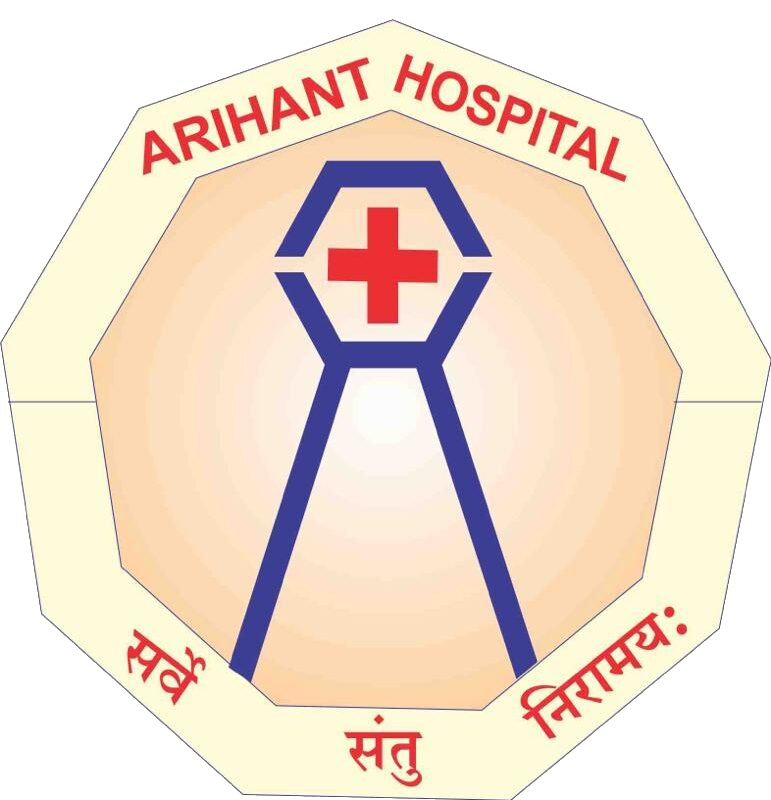Medicine & Gastroenterology

Overview:
Liver, stomach, and gallbladder diseases encompass a wide spectrum of conditions affecting these vital organs. The liver, responsible for detoxification and metabolism, may face issues such as cirrhosis or hepatitis. Stomach diseases can range from gastritis to peptic ulcers, while gallbladder diseases often involve conditions like gallstones or inflammation. These organs play crucial roles in digestion and overall metabolic function, making their health pivotal for overall well-being.
Symptoms:
Symptoms of liver diseases may include jaundice, abdominal pain, and fatigue. Stomach-related issues can manifest as nausea, bloating, or abdominal discomfort. Gallbladder diseases may present with pain in the upper right abdomen. Identifying these symptoms is crucial for early intervention and effective management of these conditions.
Causes:
Liver diseases may result from alcohol abuse, viral infections, or metabolic disorders. Stomach issues can be caused by bacterial infections (such as H. pylori), excessive use of nonsteroidal anti-inflammatory drugs (NSAIDs), or stress. Gallbladder diseases often stem from the formation of gallstones or inflammation due to infection.
Prevention:
Preventing liver diseases involves maintaining a healthy lifestyle, moderating alcohol consumption, and avoiding exposure to toxins. Stomach-related issues can be prevented by practicing good hygiene, managing stress, and avoiding excessive use of NSAIDs. Gallbladder diseases may be prevented by adopting a healthy diet low in cholesterol and fat.
Conclusion:
In conclusion, liver, stomach, and gallbladder diseases underscore the importance of digestive health. Timely identification of symptoms, lifestyle modifications, and proper medical interventions are crucial for managing these conditions effectively. By prioritizing preventive measures and early intervention, individuals can safeguard the health of these vital organs and ensure optimal overall well-being.
